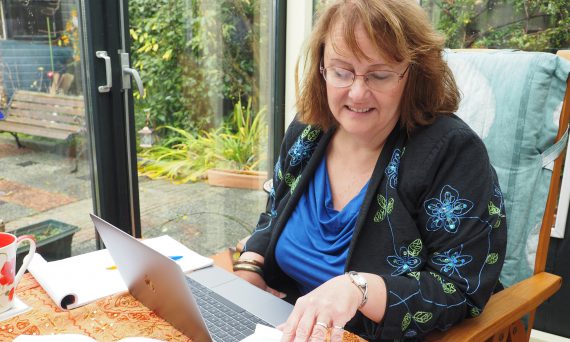Verandering verwelkomen – The Optimist
Begin 2020 confronteerde Covid-19 ons met het gevoel dat we wellicht geen controle hebben
over ons leven. Dat we niet automatisch kunnen rekenen op een dag van morgen in een wereld
die we kennen. De term ‘nieuw normaal’ werd bedacht. Maar hoe kunnen we iets dat nieuw en
anders is als normaal betitelen? En zijn we in deze tijd wakker geschud om onze wereld en
onszelf in een nieuw licht te zien?






